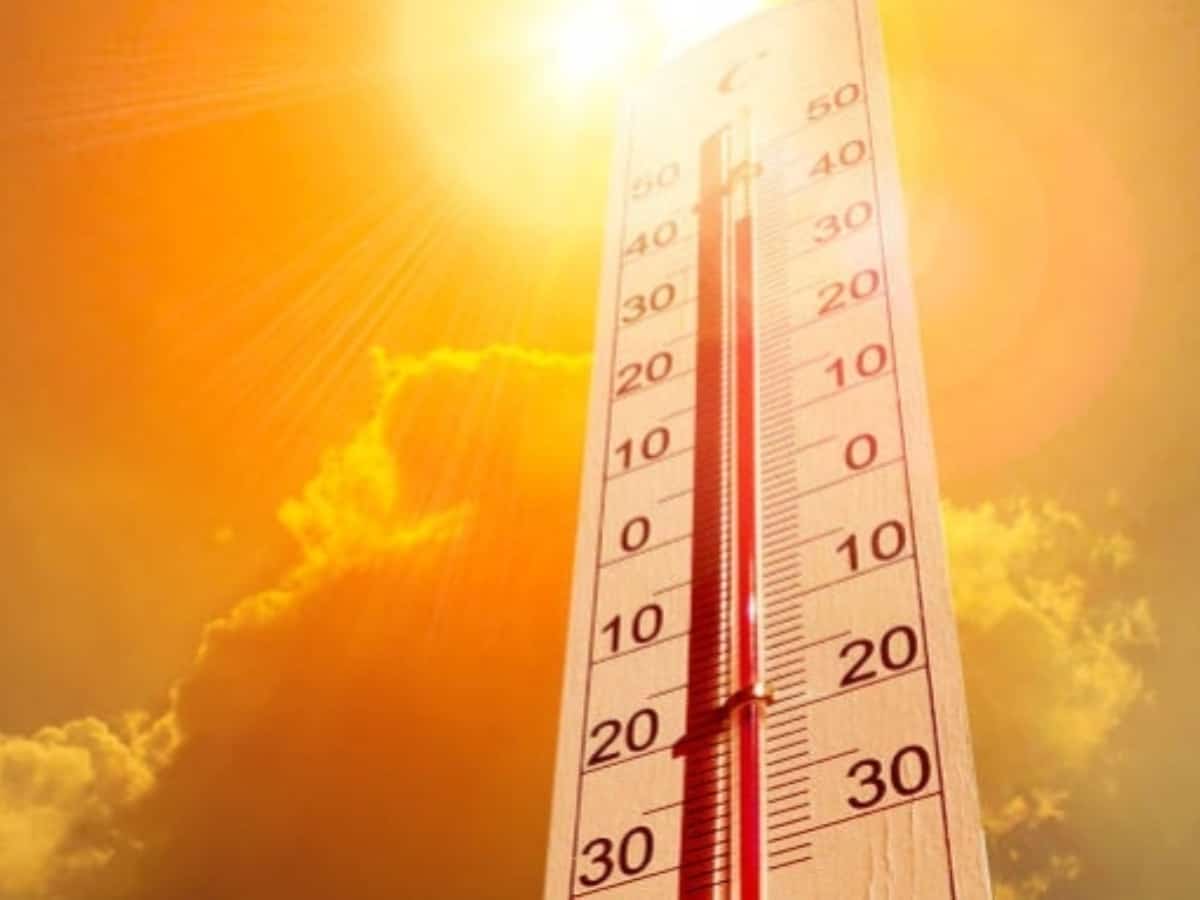
Hyderabad: Telangana Director of Public Health Dr G Srinivasa Rao on Thursday advised people to avoid venturing out into the open between 12 to 3 pm in the afternoon, keeping in mind the heatwave conditions in the state.
The DPH explained that daily wage workers, field-level company sales teams, healthcare workers, police and traffic personnel, field journalists, elderly people above 60 years, pregnant women, and children are high-risk groups and they should keep in mind the major health complications due to sunstrokes.
The maximum temperature in Hyderabad and several districts of the state is likely to touch 40 degree Celsius due to heatwave conditions on April 1-2, according to The India Meteorological Department’s (IMD) data. The department has also issued a heatwave warning for the districts Adilabad, Komaram Bheem, Mancherial, Nirmal, Nizamabad, Jagtial, and Kamareddy.
He informed that the state’s healthcare machinery has been alerted and surveillance teams have been established in order to keep a close watch on victims of sunstroke. “The teams will also provide emergency medical care to the victims. Government Hospitals including Public Health Centres have enough stock of ORS (Oral Rehydration Solution), IV fluids, and other life-saving drugs,” he said, while addressing a press conference on Thursday.
Dr. Srinivasa Rao also said that the state health department is working in cohorts with NGOs to set up ‘Chalivendrams’ (Free water providing centers) across the state in order to quench thirst and mitigate the effect of the heatwave on people.
“Sun strokes develop gradually and can lead to death. In slums and weaker section colonies, ORT (Oral rehydration therapy) centers will be set up under the instructions of Health Assistants, Anganwadi workers, and with the cooperation of public representatives,” he informed.
The DPH remarked that the heatwave is similar to the COVID-19 situation and people should take measures in order to stay safe. “The public health department is also creating medical posts at mass gatherings and public places and teams will be placed to test the quality of the drinking water for residual chlorine and leakages in drinking water pipelines will be checked to avoid contamination,” he informed.
